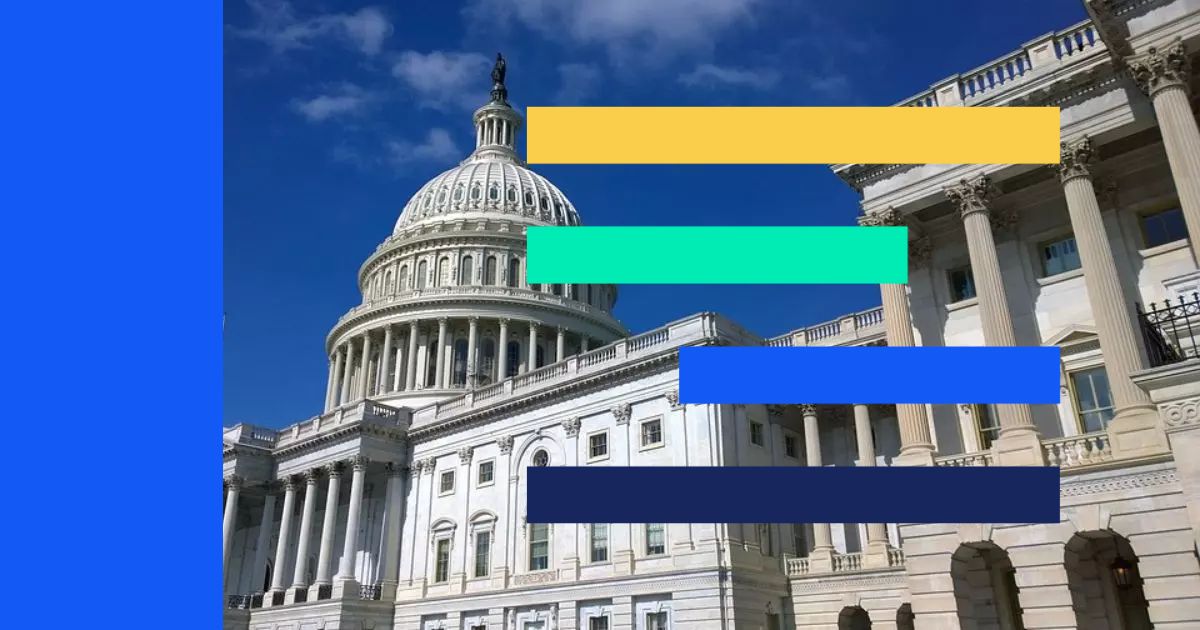FY24 Model Provider Letter in Support of NCADE
April 14, 2023
On the heels of funding included in the FY23 omnibus appropriations bill to invest in new approaches to teaching and learning, such as innovative learning models, New Classrooms led a letter to the House and Senate Labor, Health and Human Services Appropriations Subcommittees calling for the establishment of the National Center for Advanced Development in Education (NCADE) as part of the Institute for Education Sciences (IES). To appropriately provide states, districts and schools with approaches necessary to combat unfinished learning, there is a continued need for sustained federal funding to develop new models.
We were joined in this effort by eight other model providers who are innovating within their school communities everyday to provide a more student-centered approach to teaching and learning. As a coalition, we strongly believe that NCADE can better support this work — and, ultimately, students — by providing a centralized system at the federal level to catalyze innovative developments in teaching and learning. You can read our letter below or view as a PDF.
Chairs Aderholt and Baldwin and Ranking Members DeLauro and Moore Capito:
As you draft the FY 2024 Labor, Health and Human Services, Education and Related Agencies (Labor-H) appropriations bill, we strongly encourage you to include at least $75 million in funding to establish the National Center for Advanced Development in Education (NCADE) at the Institute of Education Sciences (IES). We believe that the nation needs a sustained federal investment to support the development of innovative approaches to teaching and learning that enable schools to meet the unique strengths and needs of our students.
We are a group of education innovators that believe that our nation’s central approach to school-which has oriented around an individual teacher guiding the instruction of a cohort of same-aged students through a uniform curriculum – has always made it impossible to help each student reach their full potential. The COVID-19 pandemic has also only added new challenges that make this existing industrial paradigm not only unsustainable for teachers, students, and their parents but an economic liability as well. The Hoover Institution estimates that learning loss caused by the pandemic will result in states’ GDP averaging almost two percent lower every year for the rest of the 21st century.
That is why we are actively engaged in building capacity and supporting demand for innovative learning models, an approach to learning that looks beyond the age-based classroom to emphasize mastery in a subject through personalized learning. These models – which can be subject-specific, grade span-specific, or apply more broadly as innovative schools – enable a different way of ‘doing school’ in ways that drive both excellence and equity. As a holistic, school-based program, these models integrate teachers and technology so that schools can systematically support a personalized approach to education. Innovative learning models are developed organizations that leverage research and development and then partner with schools to support high-quality implementation.
While our organizations have had success in developing and implementing innovative learning models in many school communities across the county, they simply cannot emerge at a scalable and transformational level without a strong public investment in education research and development (R&D). Strong federal investments in early-stage R&D in defense, health care, and energy have nearly tripled in the past 20 years and led to significant breakthrough innovations, while the investment in education R&D has not even kept up with the rate of inflation. As a result, schools are struggling to prepare students to be productive members of the workforce and maximize their potential.
We are therefore thankful that the Consolidated Appropriations Act, 2023 allocated $30 million to IES to “support a new funding opportunity for quick-turnaround, high-reward scalable solutions intended to significantly improve outcomes for students.” The Omnibus directed that research activities consist of those described in House Report 117-403, which specifically included innovative learning models. We are also pleased that President Biden included $75 million in his budget for the creation of NCADE to “encourage dramatic advances in teaching and learning.”
For IES to fully be able to carry out the mission of NCADE to support high-reward R&D on transformative solutions needed to accelerate learning recovery from COVID-19 disruptions in instruction and eliminate long-standing achievement gaps, we believe that Congress must support the President’s budget request and appropriate $75 million for the center in FY24, as well as ensure that its work is dedicated to advancing the development, not just research, of innovative approaches to teaching and learning. Therefore, we also strongly encourage you to incorporate the language included in the House FY 2023 Labor, Health and Services appropriations bill on NCADE, which emphasizes that this high-reward project funding must be used for applied work:
“Modeled on the Defense Advanced Research Projects Agency, the Department of Defense’s renowned research and development center, NCADE will invest in high-reward, scalable solutions to address longstanding deficits and inequities in the education system. NCADE will be housed at IES and have a management structure that prioritizes solutions aligned with the science of learning and development that have the potential to dramatically improve student achievement and address gaps between advantaged and disadvantaged students. Specifically, NCADE programs will invest in breakthrough technologies; new pedagogical approaches; innovative learning models; and more efficient, reliable, and valid forms of measurement of student learning, experiences, and opportunities.”
It is long past time that we rethink our current educational delivery model and modernize it in ways that can truly deliver on both excellence and equity. It is time to create the space to discover those new ways so that each student has the true opportunity to realize his or her full potential.
We thank you for your consideration of our funding request and look forward to working with appropriators at-large to reimagine education in 2023 and beyond.